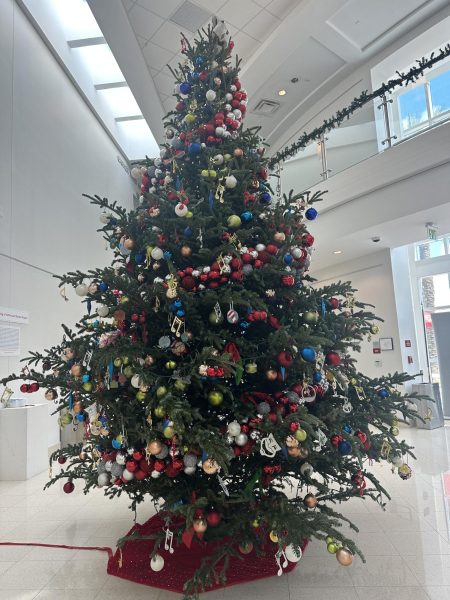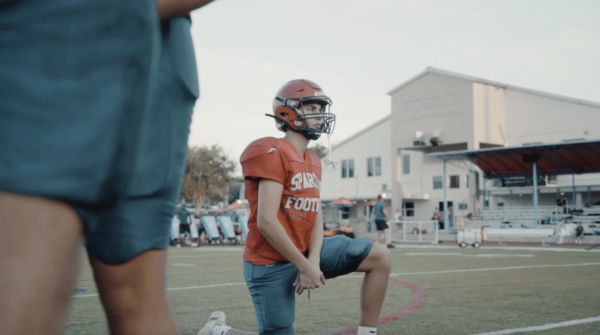Homelessness Reaches MCDS Campus
You may be wondering how our Project Voice assembly ties into T4SC production. Since most of the dialogue in Somebody’s Children involves spoken word, Mrs. Pitchman wanted to bring in spoken word performance artists to act as a preview for the play. This year’s Theater for Social Change (T4SC) play, “Somebody’s Children,” was actually not the first choice for Director Mrs. Pitchman. She originally wanted to produce a play called “Dead Man Walking,” which explores the nuances of those who are faced with death row in prison, but this play was not deemed an appropriate choice for many reasons. After “Dead Man Walking” was rejected, Mrs. Pitchman read seven more plays and decided upon “Somebody’s Children,” for two main reasons: T4SC had never covered homelessness as a social issue before, and 50% of the dialog in the play is spoken word, which introduces a new form of performance art to the MCDS community.
Because the cast of “Somebody’s Children” only has five slots, Mrs. Pitchman decided to double-cast the play. When asked if it had ever occurred to her that a double casting would hinder the message of the play, Mrs. Pitchman stated, “No, not at all. All the students that were casted are very committed. A double-casting is also a positive learning experience since you can watch and listen to someone else playing their part and improve or change their acting style. I never looked at this decision in a negative way.” Cast members were also asked the same question and their answers were similar. Alessandra Settineri, a senior, said “If anything, a double casting will enhance the character. Even though we’ve mostly been working together, all of us view our respective characters in different ways. The only regret I have is that audiences will not get to see both casts perform, and will not get the nuances of each character.” Ian Zigel, a sophomore, stated, “Each cast is unique and brings a different dynamic to the stage. It is helpful having two casts because you can run lines with your counterpart and compare notes on how to improve. I believe that both casts can successfully convey the message of this powerful play.”
Although homelessness is not a social issue that most of cast has personal ties with, they can still identify with their characters and bring this topic to life. “In my case, I do identify with my character Valerie, because of her Latin character and certain circumstances. There are some differences though, she is very sarcastic and angry about her current circumstances. At times playing the part is difficult; while you need to be the character, you also need to be the actor. Since the play is mostly spoken word (monologues) I usually need to stop and ask myself ‘who I am talking to?’” Alessandra states. On the other hand, Ian Zigel feels that “This is probably the most difficult character that I have played so far. Roles that I’ve played in the past have been more relatable to me as a person. With this character, I really have to extrapolate my soul from my body and replace it with his, so I can properly give Tariq, my character, the ability to have his voice heard. Tariq is very lost in the world, and does not have an aim, whereas I am ambitious and feel like I have my whole life planned out, so in some ways Tariq feels like a polar opposite of myself.”
As students are watching the performance of “Somebody’s Children” this year, Mrs. Pitchman would like them to keep in mind that: “Unfortunately, many children are faced with homelessness every year for a variety of reasons. There are certain emotions that need to be dealt with, but there is always hope for a better life.” “Somebody’s Children” will be performed from February 24-27 and the times are TBA.





